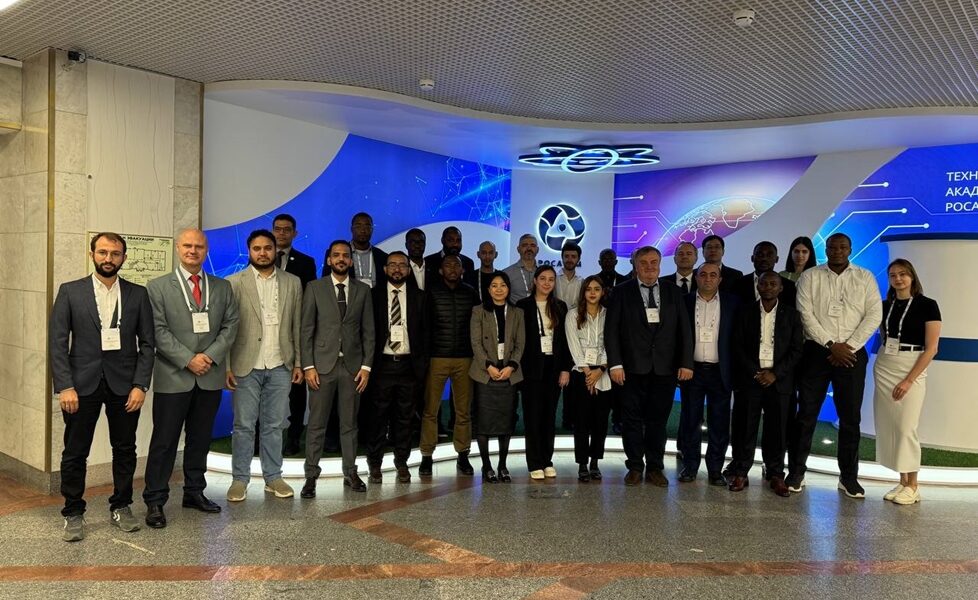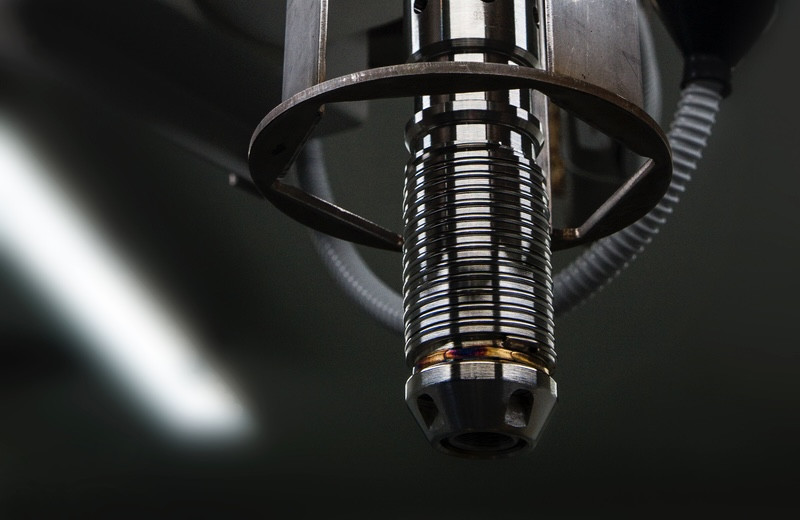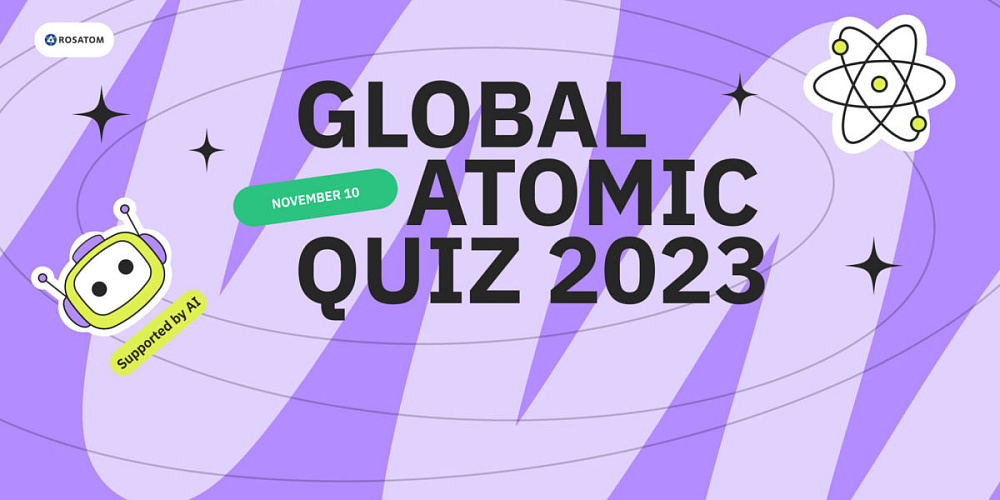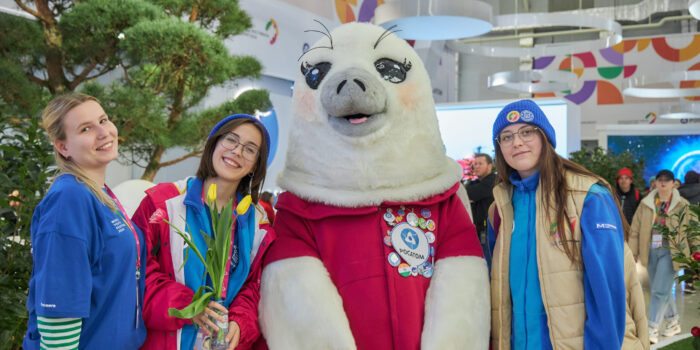The Interregional Training Course on Design Safety and Safety Assessment Nuclear Power Plants, Including Small Modular Reactors (SMRs), was held in the branch of the Rosatom Technical Academy in St. Petersburg. The event brought together 21 specialists from 13 countries.
During the lecture part of the program, the leading Russian and international experts spoke about the requirements and recommendations for the IAEA Safety standards in the design of NPPs. During the practical session, participants conducted an assessment of the NPP safety and learned how to identify possible equipment failures in normal and emergency situations.
Online technical tours to the Leningrad NPP and the world’s first floating nuclear power plant “Akademik Lomonosov” (in cooperation with Rosenergoatom, JSC) were arranged for the participants to demonstrate the latest innovations in the nuclear industry.
"The knowledge I have gained from the Training Course will enable me to effectively review and evaluate the design systems of conventional NPPs, New Technological Reactors and SMRs, depending on the technology my country chooses. With knowledge acquired from the training, I can provide informed recommendations. I have learned to apply fundamental safe design principles and safety requirements at every stage of NPP or SMR development. Additionally, interacting with experts and colleagues from various countries has inspired me to continue advancing my skills and knowledge in the peaceful applications of nuclear science and technology," the specialist from the Kenya Nuclear Regulatory Authority, Maxwell Songa shared his opinion.
Mikhail Lankin, the security officer of the IAEA Department of Nuclear Safety and Security underlined: "The inclusion of SMR technologies in the training course reflects the evolving nature of the nuclear industry. Today, the joint work of the Agency and the Rosatom Technical Academy provides access to the best practices and advanced technologies in the area of nuclear energy. This cooperation makes it possible to adapt training materials to the needs of countries that are at the stage of developing their nuclear infrastructure".
Reference
The Rosatom Technical Academy is the IAEA Collaborating Centre in the field of nuclear energy, security, nuclear science and applications. Since 2019, 80+ international events have been conducted and 1500+ students from different countries have been trained. In October 2024, it is planned to sign an agreement to extend cooperation between the organizations for four years. The new document will expand agreements on training personnel in the field of small modular reactors and nuclear medicine.
Modern Russian projects of small nuclear power plants (SNPP) with RITM series reactors have a high level of safety achieved through multi-level systems and barrier shells, as well as a combination of active and passive safety systems. These systems prevent the possibility of an accident, and several levels of barriers embedded in the design of the stations exclude the release of radioactive substances into the environment. SNPPs make it possible to ensure the energy independence of the region, stable electricity and heat supply with clean energy, including for energy-intensive industries, and reduce emissions of harmful substances into the atmosphere by replacing existing generation sources, in particular diesel.
Rosatom offers foreign customers a comprehensive solution that provides access to the entire range of products and services throughout the NPP life cycle. It includes the construction of NPP using Russian technologies as well as the creation and development of nuclear infrastructure in the country, assistance in the formation of an appropriate legislative framework, training and retraining of the personnel, involvement of the local industry in the project, fuel supply and maintenance of nuclear power plants assistance in its operation, management of spent nuclear fuel (SNF), ensuring public acceptance of nuclear energy.
Russia actively fosters the cooperation with friendly states and continues the implementation of major joint energy projects. Rosatom and its divisions are actively involved in this mission.





